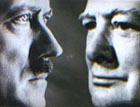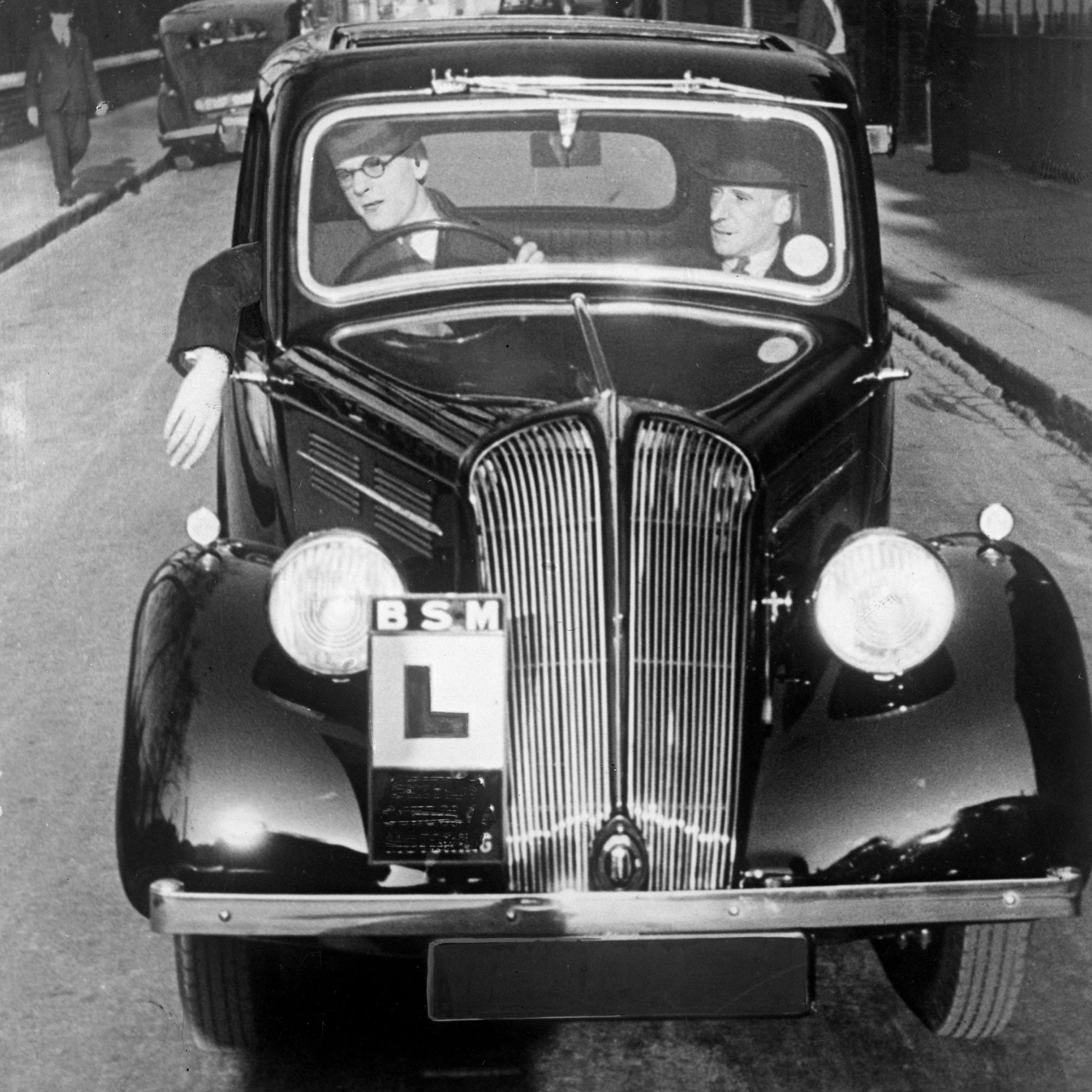Book Review: Hitler and Churchill: Secrets of Leadership
In fresh analysis of the two leadership styles, the author demonstrates how the two men achieved (or, in Hitler's case, failed to achieve) results.


It is amazing that, nearly 60 years on, any angle of the Second World War still remains to be explored. Mr Roberts has, however, taken an original slant on two of the conflict' s main protagonists, in analysing the leadership styles of Hitler and his adversary. He shows us, in this succinct and entertaining book, how the two men got (and in Hitler's case, in the end, did not get) results. Although it is perhaps overegging the pudding to say that these are 'secrets' of leadership, he does turn up some facts that will surprise readers who are not already familiar with the lives and work of these two men.
Distinguishing Hitler as a charismatic leader and Churchill as an inspirational one, Mr Roberts reveals that one of the Führer' s generals thought that meeting Hitler could cure him of the common cold. This fanaticism, which later in the conflict degenerated into blind obedience, was maintained not just by fear, but by extensive bribery. Hitler was kind to his staff, devoted to animals and passionately against smoking. His heartlessness was taken to genocidal lengths.
Churchill, by contrast, was rude and sarcastic to his staff, made them keep absurd hours, drank to excess, chain-smoked cigars, but would cry at the slightest provocation. There was a more fundamental difference between the two men than this, however. Hitler believed he was infallible and was therefore incapable of learning from his mistakes; Churchill knew he was not and, blessed with a sense of humour and abhorring sycophancy, eventually got it right.
It was this belief in his own genius that undid Hitler, and Mr Roberts lists his three fatal errors: halting his armies' advance in France in May 1940 so the BEF and others could escape from Dunkirk; invading Russia in June 1941; and declaring war on America later the same year. Mean-while, Churchill had kept up morale by his peerless use of the English language, his decisiveness and the close identification of himself with the struggle of all the British people. It was not so much a clash of styles of leadership, as one of inhumanity versus humanity: and humanity won.
This book is broader than its title suggests: it is an essay on the two men in the widest sense, and contains a rich selection of anecdotes about both that will inform and entertain. It succeeds, above all, in pulling together strands of these two titanic figures in a way that ought to enlighten yet further even the most battle-hardened reader of books on the bloodiest war in history.
Exquisite houses, the beauty of Nature, and how to get the most from your life, straight to your inbox.
Country Life is unlike any other magazine: the only glossy weekly on the newsstand and the only magazine that has been guest-edited by His Majesty The King not once, but twice. It is a celebration of modern rural life and all its diverse joys and pleasures — that was first published in Queen Victoria's Diamond Jubilee year. Our eclectic mixture of witty and informative content — from the most up-to-date property news and commentary and a coveted glimpse inside some of the UK's best houses and gardens, to gardening, the arts and interior design, written by experts in their field — still cannot be found in print or online, anywhere else.
-
 A simply perfect thatched cottage in Devon, with charm, walled gardens and all the space you need for family life
A simply perfect thatched cottage in Devon, with charm, walled gardens and all the space you need for family lifeThatched cottages are often pretty, but pretty small — but Julie Harding finds one brings which blends cottage charm with the space of a country manor.
-
 How many people pass their driving test first time? Country Life Quiz of the Day, November 13, 2025
How many people pass their driving test first time? Country Life Quiz of the Day, November 13, 2025Test your general knowledge in today's Country Life quiz.
